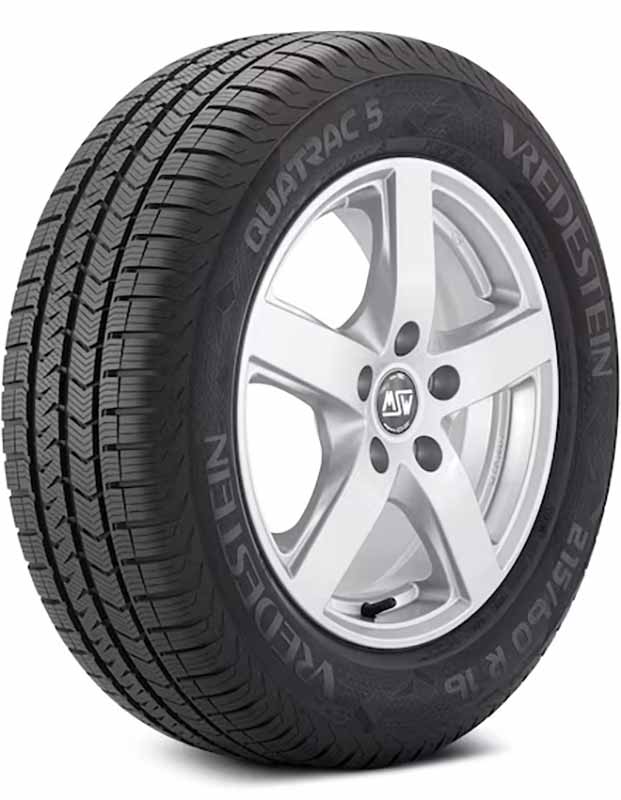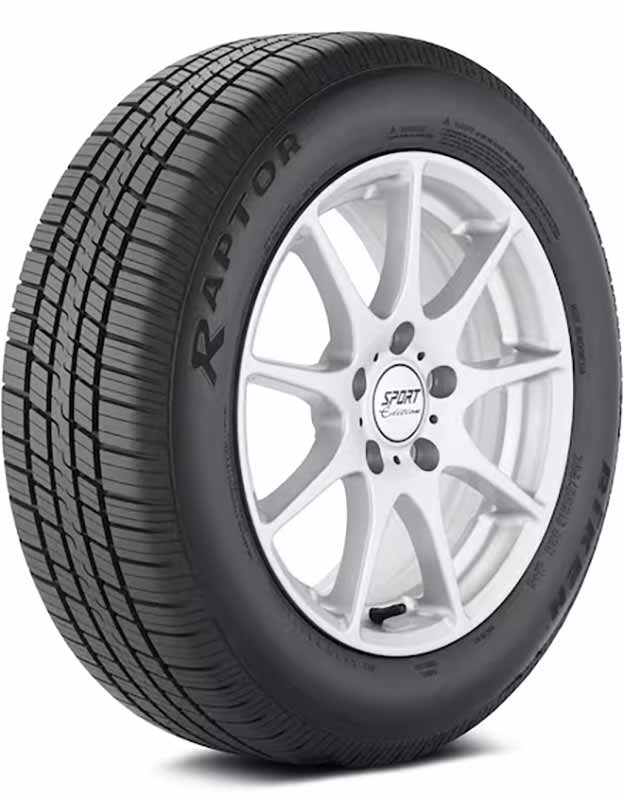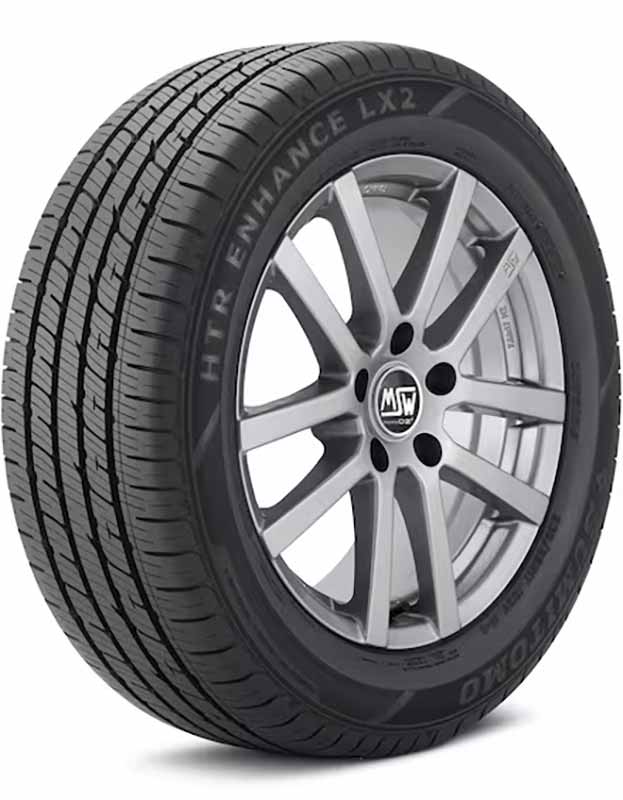You’re cruising down the road, feeling good, and then it happens—a mysterious humming noise starts coming from your car. It gets louder as you speed up, turning your peaceful drive into a concerning situation. If you’ve ever found yourself in this situation, trust us, you’re not alone and it’s not something you should ignore.
Humming Noise In Car Getting Louder With Speed
A humming noise in your car that gets louder with speed is often a sign of a bad wheel bearing or issues with your tires. These noises require immediate attention, as they could indicate problems that affect your vehicle’s safety and performance.
In this article, we’ll guide you through the process of identifying the source of that bothersome humming noise, how to diagnose the issue, potential fixes, and preventive measures you can take to ensure it doesn’t happen again. We’ll give you the tools you need to address this issue head-on, whether it’s a faulty wheel bearing, uneven tire wear, or even a rare transmission issue.
Let’s take a closer look.
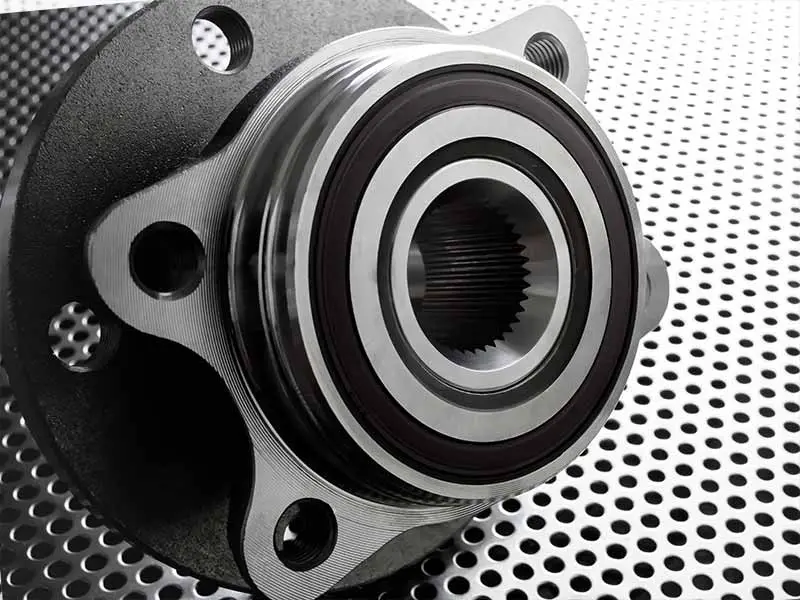
Identifying the Source of the Noise
When you’re hearing a humming noise that gets louder with speed, figuring out where it’s coming from can be like a game of hide-and-seek. Knowing where to look can save you time and money. Let’s dive into the common areas that usually cause humming noises in cars.
Wheel Bearings: The Usual Suspect
One of the first places to check is the wheel bearings. Wheel bearings are critical for allowing your wheels to spin smoothly. When they go bad, you’ll hear a loud humming noise that often becomes more noticeable as you pick up speed.
Signs of a Bad Wheel Bearing
- Noise Volume: The sound usually starts soft but will get louder with speed.
- Steering Wheel Vibration: Your steering wheel may shake or vibrate as you drive.
- Turning Noise: You might notice the noise change when you make turns.
Tires: Don’t Overlook the Rubber
Your tires are literally where the rubber meets the road. And when there’s uneven tire wear, your ride can get noisy.
Signs of Tire-Related Issues
- Visual Wear: Inspect your tires. If one side of the tire looks more worn out than the other, you’ve got uneven wear.
- Noise When Turning: Unlike wheel bearing noise, tire noise might change when you make turns.
- Alignment Issues: If your car seems to pull to one side when driving, this could indicate an alignment issue affecting your tires.
Transmission: The Rare Culprit
Transmissions are complicated pieces of machinery. While they don’t often cause humming noises, when they do, it’s something you can’t ignore.
Signs of Transmission-Related Noise
- Acceleration Noise: If the noise occurs or intensifies during acceleration, it could be the transmission.
- Fluid Levels: Check your transmission fluid levels. Low or dirty fluid can cause a humming noise.
Diagnosing the Noise: Quick Tests
A few quick tests can help you determine the cause of the noise.
- Listening Test: Drive at different speeds and note when the noise starts and how it changes.
- Steering Wheel Test: Turn the steering wheel slightly while driving. If the noise changes, it’s likely a wheel bearing issue.
- Visual Inspection: Take a look at your tires for uneven wear and your fluid levels for any abnormalities.
- Mechanic Visit: If you’re still puzzled, it might be time for a professional diagnosis.

Diagnostic Steps
Once you’ve zeroed in on the general area causing the noise, it’s time to roll up your sleeves and do some detective work. You don’t have to be a car expert to do these simple tests; they’re straightforward and can point you in the right direction.
The Listening Test
Your ears can be one of your best tools in this mission. Here’s what you can do:
- Drive Slowly: Start by driving at a low speed and listen for any humming noises.
- Speed Up: Gradually increase your speed. Take note if the humming noise gets louder with speed.
- Different Surfaces: Try driving on different road surfaces. Some noises may only appear on rough or smooth roads.
- Note Changes: Listen for any changes in the noise when you accelerate, turn, or brake.
By being observant, you can gather valuable clues that can help identify whether it’s a bad wheel bearing, tire issues, or something else.
The Steering Wheel Test
Your steering wheel can offer hints about the noise source, especially when it comes to wheel bearing issues.
- Hold Steady: While driving at a steady speed where the noise is noticeable, hold your steering wheel lightly.
- Slight Turns: Make slight turns to the left and right while keeping an eye on the road.
- Listen: If the humming noise changes when you turn, it’s most likely an issue with your wheel bearings.
The Visual Inspection
Sometimes, you’ve got to look to find the issue. A visual inspection can tell you a lot.
- Tire Wear: Check each tire for uneven wear. Uneven tire wear can often be the culprit behind humming noises.
- Fluid Levels: Ensure that your car’s fluid levels, including transmission fluid, are adequate and clean.
When In Doubt, Seek a Professional
If you’ve tried these tests and you’re still puzzled, it’s best to consult a mechanic. They have the tools and expertise to identify even the most mysterious humming noises.
- Diagnostic Tools: Mechanics have specialized diagnostic tools that can pinpoint problems quickly.
- Expertise: With years of experience, a mechanic can differentiate between different types of noises and their causes.
- Peace of Mind: Sometimes it’s worth getting a professional opinion for the sake of safety and peace of mind.
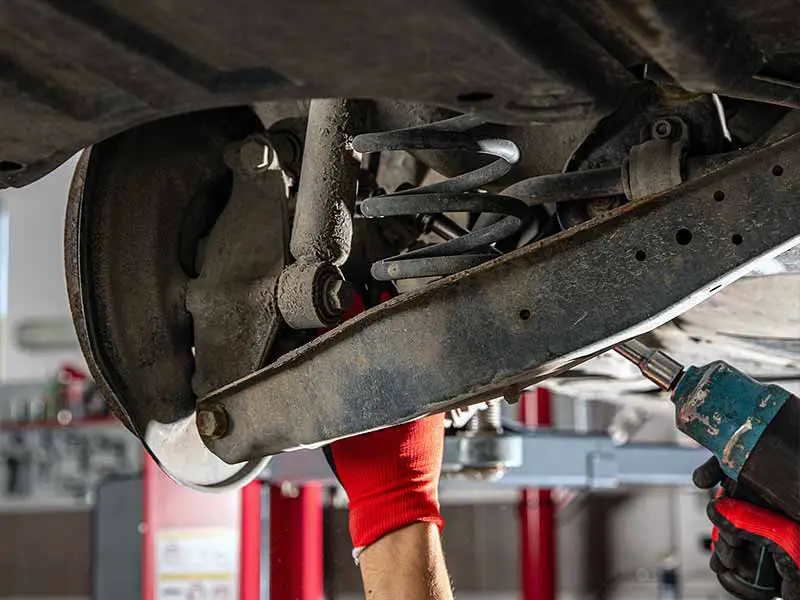
Fixes and Solutions
You’ve listened carefully, performed some basic tests, and maybe even consulted a mechanic. Now comes the critical part—fixing the issue. Let’s explore the common fixes for the humming noises based on their source.
Fixing Bad Wheel Bearings
The wheel bearings are crucial for smooth wheel movement, and when they’re bad, you’ll hear it loud and clear.
Signs You Need to Replace Wheel Bearings
- Louder Noise: If the wheel bearing noise gets louder with speed, it’s a strong indicator for replacement.
- Steering Wheel Vibration: If your steering wheel shakes, it’s a sign.
Wheel Bearing Replacement Cost
Replacing wheel bearings isn’t a small job, but it’s necessary for your safety and comfort. The cost can vary based on:
- Labor Costs: Mechanics charge by the hour for labor.
- Parts: The cost of new wheel bearings.
You’re looking at a range, but it’s generally a few hundred dollars.
Tackling Tire Issues
Tires may seem simple, but they’re engineered for performance and safety. When they cause humming noises, it’s usually due to uneven wear or misalignment.
Solutions for Tire-Related Noise
- Wheel Alignment: If your tires are making noise due to misalignment, getting them aligned will solve the problem.
- Replace Tires: Sometimes the only solution is to replace the tires if they’re worn unevenly.
Preventive Measures
- Regular Checks: Consistently check for uneven wear to prevent future noise.
- Rotate Tires: Get your tires rotated as recommended by the manufacturer to ensure even wear.
Addressing Transmission Issues
Transmission problems are rarer but more complex. The humming noise could be a symptom of a bigger issue.
Steps to Fix Transmission Noise
- Check Fluid Levels: If the fluid is low or dirty, replacing it may solve the issue.
- Consult a Mechanic: Due to the complexity of transmissions, a professional opinion is often required.
Costs Involved
Transmission repairs can be costly, ranging from hundreds to thousands of dollars based on the extent of the issue.
When to Consult a Mechanic
If you’ve tried to identify and fix the issue yourself but are still hearing the noise, it’s time to consult a professional. They can conduct more detailed tests and have the expertise to pinpoint and fix the issue.
- Specialized Tools: Mechanics can use specialized equipment to identify the exact cause.
- Expert Opinion: A mechanic’s expertise can provide a definitive answer and solution.
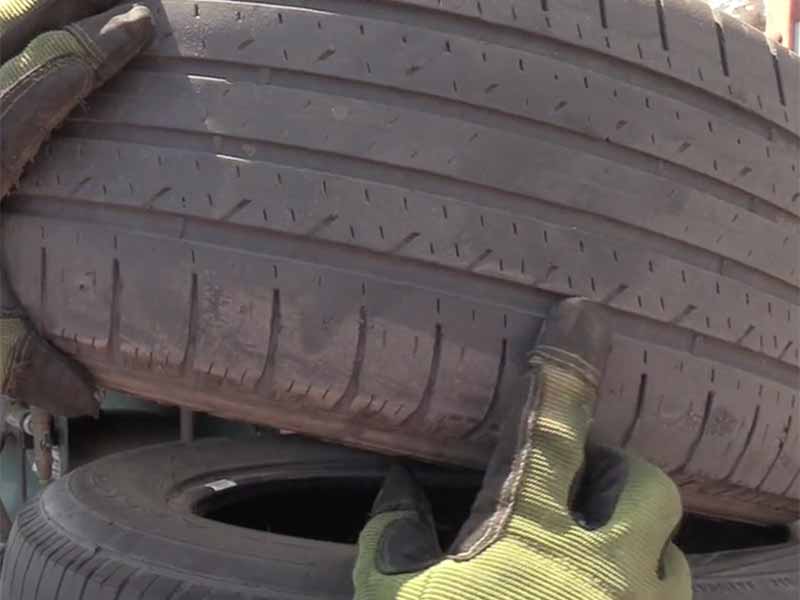
Common Questions About Humming Noises
What Causes a Humming Noise in a Car?
When you hear a humming noise in your car, it’s like your car is trying to tell you something’s not right. The usual suspects behind this noise are:
- Bad Wheel Bearings: One of the most common reasons. When wheel bearings wear out, they make a humming or growling noise that usually gets louder with speed.
- Uneven Tire Wear: Your tires might be worn out unevenly, causing them to vibrate and make noise.
- Transmission Issues: Less common, but sometimes problems in the transmission can also cause a humming noise.
Why Does the Noise Get Louder With Speed?
Great question! If the noise gets louder as you drive faster, that’s a big clue you might be dealing with bad wheel bearings. Here’s why:
- Friction and Heat: As you speed up, the faulty wheel bearing has to work harder, making more friction and heat. That makes the noise louder.
Do Bad Wheel Bearings Make a Humming Noise?
Absolutely, yes. Bad wheel bearings are a classic reason for that humming sound. If you’ve got a bad wheel bearing:
- Constant Noise: The noise is usually constant but becomes louder with speed.
- Vibration: Sometimes, a faulty wheel bearing can cause your steering wheel to vibrate.
Can Tires Make a Humming Sound?
Yes, they can. When tires are worn out unevenly, they can definitely make a humming noise. Here’s what to look for:
- Pattern of Wear: Check if the rubber on your tires is wearing off more on one side than the other.
- Alignment: Poor wheel alignment can cause uneven tire wear, leading to a humming sound.
Can a Transmission Make a Humming Noise?
It’s rarer, but yes. Transmission issues can cause a humming noise, especially when you’re accelerating. This could mean:
- Fluid Level: Low transmission fluid can sometimes cause this noise.
- Internal Wear: Parts inside the transmission might be worn or damaged.
How to Tell the Difference Between Wheel Bearing and Tire Noise?
Confused about whether it’s your tires or wheel bearings making that noise? Here are some tips:
- Pitch and Volume: Wheel bearing noise is usually a constant hum or growl that gets louder with speed. Tire noise might change when you turn or go over bumps.
- Steering Wheel Test: If the noise changes when you turn your steering wheel, it’s probably a wheel bearing issue.
- Visual Check: Look at your tires. If they’re worn out unevenly, it could be a tire issue.
Resources
Below are some links you may find helpful when learning about tires
- Reasons why there’s a humming noise in your car getting louder with speed – Jerry Insurance
- Wheel bearing warning signs and symptoms – Meineke
Final Thoughts
Armed with the right knowledge, you can identify whether you’re dealing with a bad wheel bearing, tire issues, or something more complex like a transmission problem. Regular maintenance checks, attentive listening, and prompt action can not only resolve current issues but can also help prevent future ones.
Good luck and happy motoring.

